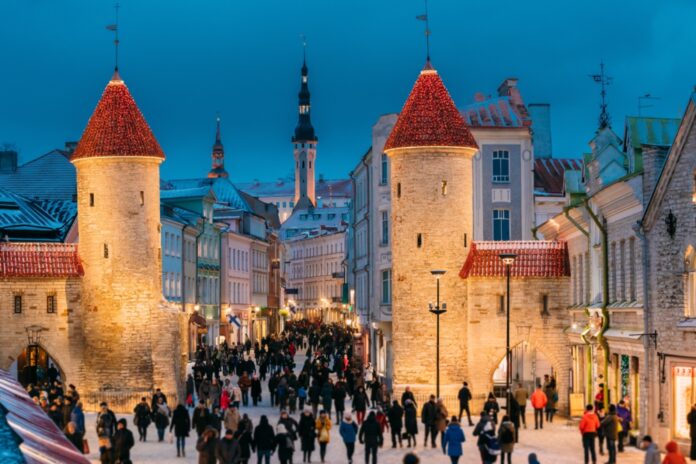Each telco gets two slices of 5Mhz for around €2m
The three competitive tenders for running Estonia’s 5G services have all been won by domestic service providers, according to local media agency ERR News. The Estonian divisions of Finland’s Elisa and of Sweden’s Tele2 and Telia, each triumphed in one of three competitive tenders for licenses to broaden bandwidth and network slice within the frequency band 694-790 MHz.
Each company won two 5 MHz frequency licenses, according Estonia’s regulator the Consumer Protection and Technical Supervision Agency (TTJA), which organized the tenders.
Elisa Esti’s winning bid was for €2,111,596, Telia Esti will pay €2,011,487 and Tele2 Estonia must pay €2 million euros exactly. The reserve price for a single license was a million euros, and the auction started on November 8, lasting for three rounds. The TTJA will issue the licenses after confirming the results of the competitive process and receiving the license fee and state fee.
There is something of a mountain to climb in terms of logistic and coverage. Each owner of a frequency license must make the communication service available to at least half of the territory in each Estonian county within two years of issuing. After four years the coverage must be 95% per county, with the exception of namely Ida-Viru, Jõgeva, Tartu, Põlva and Võru. The latter are excepted because of their proximity to the Russian border, where restrictions on the broadcasting of TV channels based in the Russian Federation make service level guarantees more tricky. However, network construction can still go ahead and 5G can also be provided via other frequency bands in those counties.
Telia, Tele2 and Elisa were also winning bidders in the multi-million-euro first round 5G frequency auctions which began in April and ran over the summer. Lithuania-based telecoms and media firm Bite Group also entered the tender process. The fourth applicant was something of a wild card, Bite Group’s activities in Estonia having been previously concentrated on its TV channel TV3 and streaming platform Go3. In the end it was not successful and didn’t offer extra competition to the country’s telecoms sector.
In Estonia the process of 5G building began in 2019 with the public tender for three concessions in the 3410 Mhz to 3800 Mhz range buut this was postponed for a year. Since then 5G has started to gradually replace 4G, which has been in existence for over a decade. It’s 3G infrastructure, which entered in service over 20 years ago has not been switched off yet.


